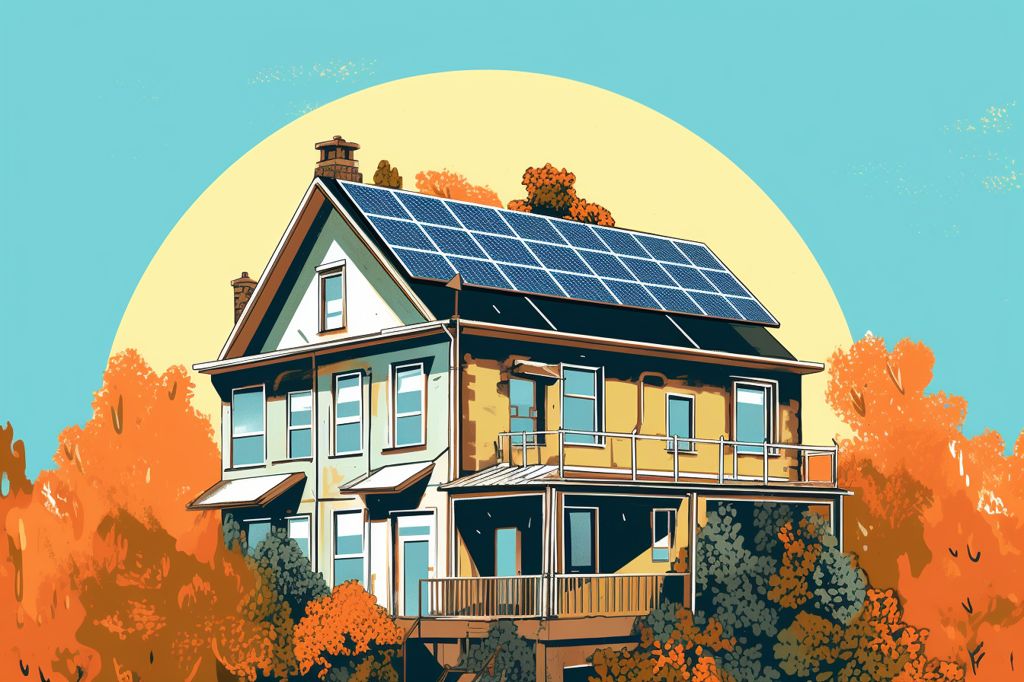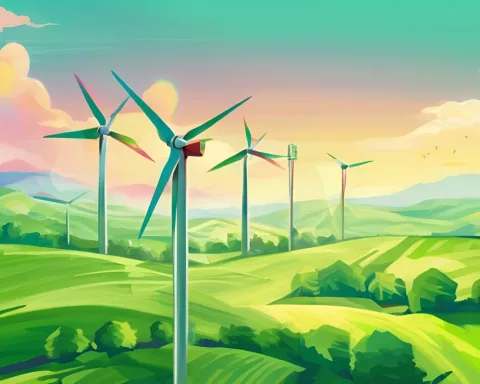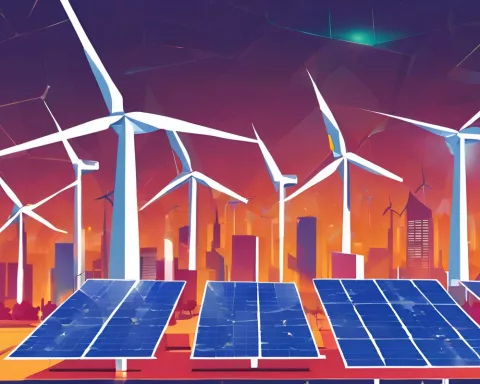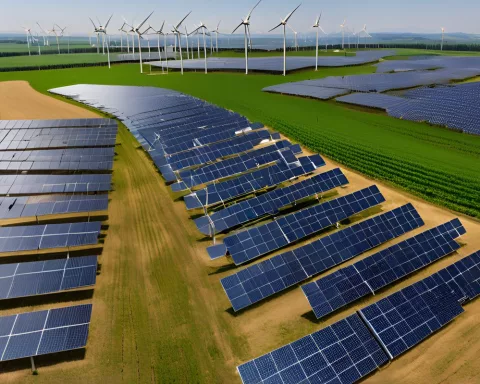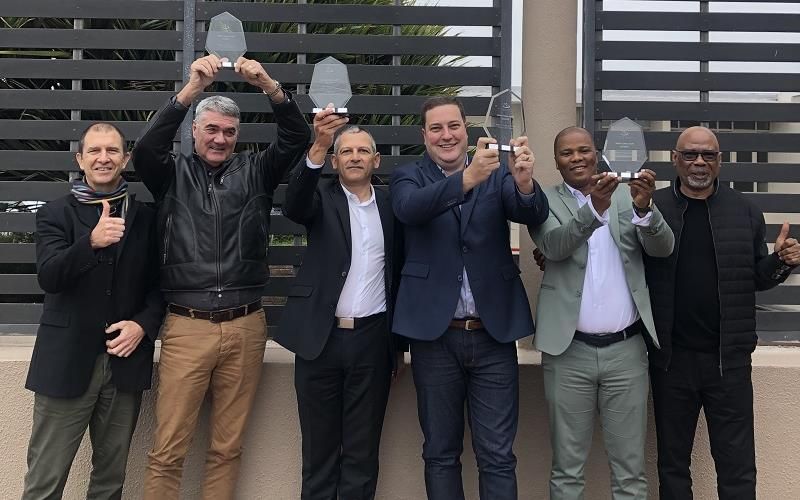The Western Cape province in South Africa is committed to a sustainable future, and it is making significant strides towards achieving this goal. One of the ways the province is supporting the use of renewable energy sources is through tax incentives, as highlighted by the Director of Personal Income Tax at the National Treasury, Marle Van Niekerk, during Premier Alan Winde’s 13th Energy Digicon.
Tax Incentives for Renewable Energy
Van Niekerk emphasized the behavioral incentive of the tax breaks for both households and businesses to go beyond their usual levels of energy consumption and production. The incentives aim to increase clean energy generation, which is essential for a greener future.
Individuals can claim a 25% deduction on the cost of installing solar photovoltaic (PV) rooftop panels, capped at R15,000 for one year starting from March 1st, 2023. Businesses, on the other hand, can deduct 125% of the cost of assets that produce renewable energy. However, if the assets are sold before the designated deadline, the taxpayer must pay back the credit.
Although the estimated revenue forgone for the current tax year is around R4 billion, Van Niekerk encourages those who can to claim the incentive to increase clean energy generation.
Premier Winde’s Recommendations
Premier Winde acknowledges the tax breaks as a starting point for alleviating the burden of power outages, especially with winter approaching, but he believes more needs to be done. Winde called for an increase in the tax break incentive for small and medium-sized enterprises (SMMEs) from 125% to 140%. He also recommended allowing households’ tax rebates on a broader range of energy-producing and saving products, including LED bulbs, ripple control geysers, and LPG gas for stoves. Additionally, Winde proposed increasing the tax break incentive for households from R15,000 to R40,000.
Western Cape Government’s Energy Resilience Program
During the Energy Digicon, Alwie Lester, Special Advisor on Energy to the Premier, updated attendees on the Western Cape Government’s short- and medium-term initiatives. The Western Cape Energy Resilience Program is making steady progress, and load shedding emergency packs are now available. In the coming weeks, the towns in the province that will become load shedding-free will be announced.
Furthermore, Lester reported that the country’s energy availability factor has increased to 56% this week, marking the second-highest figure in the past 12 months. This improvement can be attributed, in part, to a decrease in unplanned outages. However, Lester emphasized that the reserve margin remains below the power system requirements, indicating that more work must be done to fully address South Africa’s energy needs.
The Western Cape province’s dedication to renewable energy sources and tax incentives demonstrates its commitment to paving the way for a more sustainable and resilient future. By embracing clean energy, the province is not only contributing to the global effort to reduce carbon emissions but also alleviating the burden of power outages for households and businesses.

